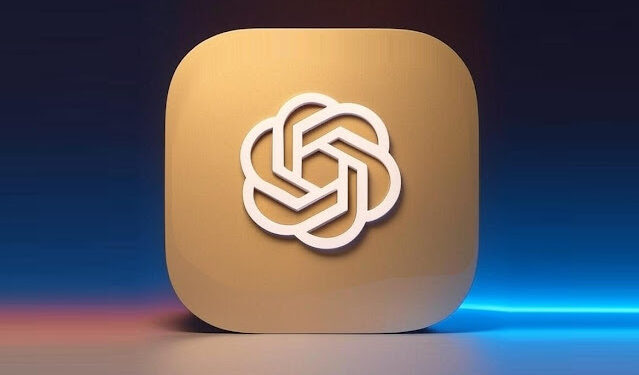San Francisco, July 22, 2025 — OpenAI’s ChatGPT, the trailblazing AI chatbot, now processes an astonishing 2.5 billion prompts daily from users worldwide, according to data shared by OpenAI. This milestone underscores the rapid integration of artificial intelligence into everyday digital life, positioning ChatGPT as a formidable player in the global tech landscape.
The figure, confirmed by OpenAI spokesperson Rob Friedlander, marks a 150% surge from the 1 billion daily prompts reported by CEO Sam Altman in December 2024. Of the current total, approximately 330 million prompts originate from users in the United States, highlighting the chatbot’s deep penetration in its home market. This translates to over 912 billion requests annually, reflecting ChatGPT’s growing role as a go-to tool for tasks ranging from academic assistance to professional content creation.
In comparison, Google, the long-standing leader in search, handles an estimated 13.7 to 16.4 billion daily queries, based on its reported 5 trillion annual searches. While ChatGPT trails Google’s volume, its rapid growth—doubling usage in just eight months—signals a shift in how users seek information and interact with technology. Unlike traditional search engines, ChatGPT offers conversational responses, task automation, and deep research capabilities, making it a versatile productivity tool.
“ChatGPT’s growth is remarkable, not just in scale but in its impact on how we engage with information,” said tech analyst Neil Patel of NP Digital. “It’s not just about finding answers; it’s about collaborating with AI to solve problems.”
The chatbot’s rise is further evidenced by its user base. OpenAI reported 300 million weekly active users in December 2024, which surged to over 500 million by March 2025. Analytics firm SEMrush ranks ChatGPT.com as the fifth-most-visited website globally, with 4.6 billion visits in May 2025. The platform’s appeal spans demographics, with 45% of users under 25 and a near-balanced gender split, according to data from Backlinko.
OpenAI’s innovations, including the recent launch of ChatGPT agents capable of handling complex tasks like web browsing and presentation creation, have fueled this growth. The company is also reportedly developing an AI-powered web browser to challenge Google Chrome, a move that could further blur the lines between AI assistants and traditional search engines.
However, ChatGPT’s ascent is not without challenges. Critics, including some publishers, argue that AI-driven tools are disrupting web traffic and raising concerns about copyright in training data. OpenAI has responded by exploring ways to compensate creators for AI-generated content inspired by their work, though details remain sparse.
As AI continues to reshape the digital landscape, ChatGPT’s 2.5 billion daily prompts signal a broader trend: users are increasingly turning to conversational AI for answers, creativity, and productivity. While Google remains the search giant, OpenAI’s trajectory suggests that the future of information access may lie in chatbots rather than search bars.




































